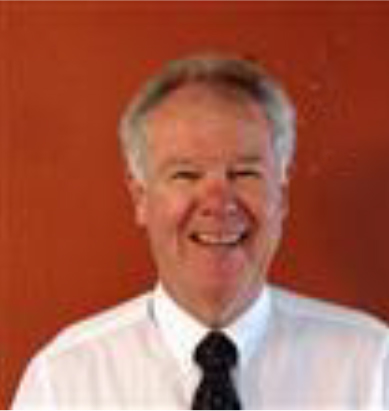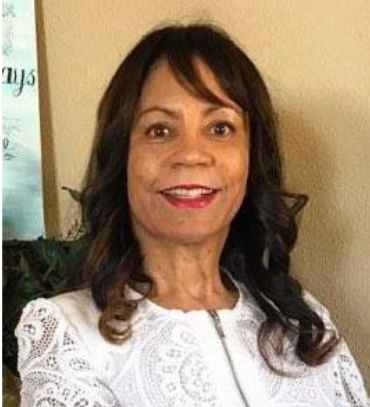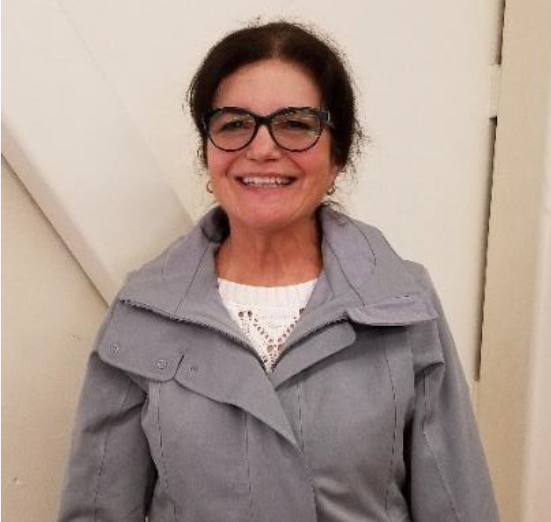What I learned from Rewriting a Global Grant—Start with Areas of Focus
Stefanie Scoppetonne, Rotary Club of Reno
Those of us on Global Grant committees volunteer because we have professional or personal experience abroad, have worked with charitable organizations, are on other fundraising boards, or have experience writing grants. Sometimes our committee members become connected with a foreign community, which we want to help with challenges it faces in one of Rotary’s seven Areas of Focus: conflict resolution, disease prevention, water, maternal and child health, basic education and literacy, community economic development, and supporting the environment. The Rotary Club of Reno International Service committee decided to pursue a grant to help establish a new orphanage in Panama for special needs children, Casa Providencia, the first specialized orphanage in Panama among its 55 existing orphanages. One of our members had visited Panama and seen firsthand the condition of disabled Panamanian children who were then housed along with other orphans. Her great passion for the special-needs orphanage project was soon shared by our international committee members and our whole club.

The Casa Providencia grant involved complicated purchasing issues, timing difficulties, understanding the contributions of partner organizations, the training of staff, and many other wrinkles to address. Information gathering in Panama was challenged by distance, language, and cultural norms, as is true for most international projects. We wrote and rewrote, gathered and submitted mountains of documentation, and after over a year of writing and rewriting, felt that we had tagged every base. Yet our first grant submission was rejected.
Our grant team was disappointed but determined to pursue this worthwhile endeavor. We knew Casa Providencia’s founders were committed to seeing it through, and we wanted to contribute through Rotary. We decided to re-submit our grant. But first we had to do some soul-searching as to why it had been rejected. The most important weakness in our initial proposal? We had not focused on and fully understood Areas of Focus.
Was Casa Providencia in Rotary’s sweet spot? When we went back and objectively reviewed our area of focus, maternal and child health, our conclusion was that although we were absolutely within the spirit of Rotary guidelines, we were outside its letter. We hoped to fund a backup generator and much needed hydrotherapy equipment for the establishment of an orphanage for severely disabled children, infants to 4-year-olds with special needs. Significantly, these children were currently scattered among all 55 Panama orphanages; none of which had staff trained to work with severely disabled children. How could this desperate situation not be at the very heart of what Rotarians are all about?
The issue was metrics. To uphold its mission and maintain its high rating among nonprofits, Rotary must measure outcomes. But the outcomes for the orphanage turned out to be quite difficult to quantify, and the areas that could be quantified produced numbers that could appear insufficient. The lives of special needs orphans would be immeasurably improved, but their numbers are few in comparison with the thousands of orphans in Panama, and tiny in comparison with the country’s population of three million. A handful at most could be served, especially at the opening of the new facility. Such a project doesn’t stack up compared to the thousands of children who might benefit from immunizations for example.
Within the Maternal and Child Health area of focus, only one measure could be applied to this project like a single thread: reducing the mortality and morbidity rate of children under five. The projection that these children might be adopted was a significant goal in the founders’ minds, but we could not suggest this hoped-for result within the measurement guidelines because it could be quantified only in the long-term and would yield even smaller numbers of successful adoptions.
After much discussion with the founders, we finally got ourselves and them to see Casa Providencia through the Rotary lens. The second submission emphasized the significant results that had already been achieved by Heart’s Cry/Casa Providencia in some of its other programs for orphans in Panama, and most significantly in a change to Panama’s adoption laws which would improve the adoption potential for all orphans. Casa Providencia was thus having a ripple effect even before it opened, drawing attention to the plight of all orphans in Panama. And the new hydrotherapy equipment installed in the orphanage could impact the potential treatment for disabled children who were not orphans through introducing new treatment methods to the health care community.
After resubmitting the grant, it was finally approved in late 2016. Happily, the orphanage opened and admitted its first children in 2018 and has continued to admit about one new child per month. For more details: https://www.heartscrychildren.com/casa-providencia.
What did we learn from this experience? Start with Areas of Focus!
- Think objectively about the outcomes your project is designed to achieve and try to map them, not only within the subdivisions under the seven areas of focus, but against one or more Rotary Foundation standard measures.
- Use the Global Grant Monitoring and Evaluation Plan Supplement. It outlines every standard pre-defined measure (5-10 each) for every area of focus.
- After writing your Global Grant, go back to the fourth step, Areas of Focus. Rather than beginning with an impassioned summary of your project review Step 4 and then Step 5 in the online application, Measuring Success! This section will require you to pick the issues you will measure and to select pre-defined measurement options.
- While using Measuring Success!, look at all the choices, see if any or all of these measurements clearly apply to your project, and further, whether or not you have the means to take these measurements, either through host country Rotarians, other partners in country, visitor volunteers from the USA, project staff, or staff of partner organizations. If an outcome can’t be measured in Rotary terms, then it doesn’t exist within the context of the global grant.
The re-submission of our grant application required us to re-think the whole rationale of the project, and more importantly to work with Casa Providencia’s founders so that eventually we would all be speaking the same language. We were all on the same page, but it was written in a foreign tongue, the language of Rotary international projects. It is a second language for us all, and a most necessary one to learn.
About This Project
| ||
 |
| |
| ||
 |
| |
| |||||||
| |||||||

